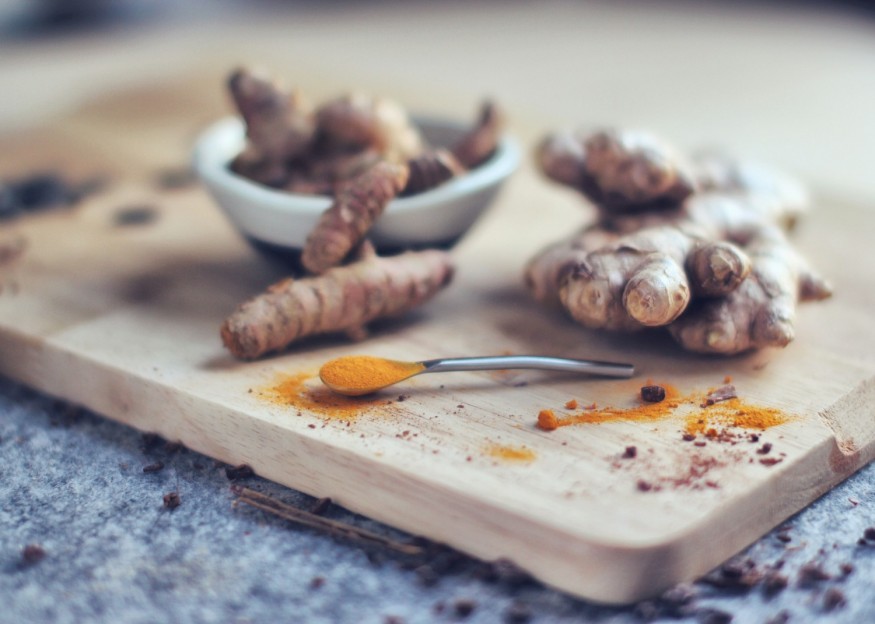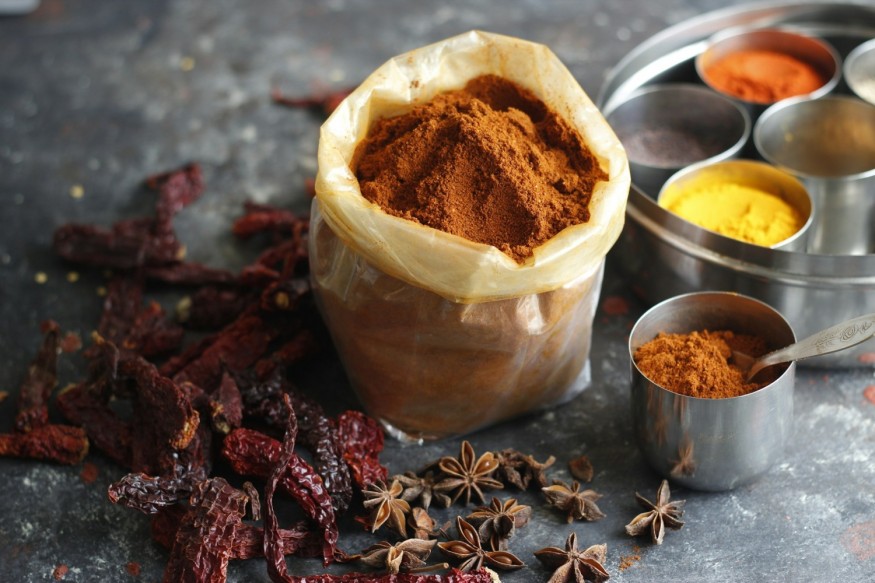
People have been using a range of common herbs as medicinal supplements for millennia. In today's increasingly medicated world, medicinal herbs are resurgent as people look for safe treatments backed by science.
While it's important to note that medicinal herbs are no replacement for medical treatment, such as that offered by a qualified DNP FNP, they can provide some benefits. Let's explore some of the most commonly used herbs and how they may help our health. From the inflammation benefits of garlic to the antioxidant-rich turmeric, let's explore the world of medicinal herbs.
Ginger
Did you know that ginger is one of the most consumed herbs throughout the world? While ginger is known as a flavor additive, it is much more widespread as a traditional medicine, particularly throughout Asia.
Interestingly, ginger is one of the few examples worldwide of a cultivated herb, with little available knowledge of its true origins. Suspected to originate in the waters of Southeast Asia, ginger has been widely cultivated and used over the last five millennia throughout India, China, and beyond.
Ginger is well known for its anti-inflammatory properties, attributed to a powerful compound known as gingerol. Gingerols are found in the rhizomes or horizontal underground roots that ginger is made up of, and they've been attributed to many health benefits. These include lowering blood sugar and pressure, as well as the ability for ginger supplements to assist in the alleviation of cold symptoms.
Garlic
While garlic is often presented in film and television as a repellent of evil and the weakness of vampires, one of the oldest themes in horror television also has many health benefits, notably due to the presence of allicin, an organosulfur compound that is created when garlic is crushed or chopped.
This pungent herb provides a range of benefits, including being a powerful antioxidant and helping to lower blood pressure. Research on the benefits of garlic has also shown that it can reduce the risk of heart attack and stroke, two of America's biggest killers.
Chamomile
Did you know that chamomile is a herb with a celebrated history as a medicinal supplement? You may be interested to learn that chamomile has been a supplement for nearly four millennia, with uses of the herb dating back to Ancient Egyptians.
Initially crushed and used to treat skin redness and inflammation, in the Middle Ages, chamomile tea was used as a diuretic, reducing inflammation. Modern uses of this flower typically involve being used as a relaxant in some variants of evening tea, with more than one million cups being consumed around the world every day.
Chamomile's anti-inflammatory benefits are well documented. Additionally, this ancient flower has been linked to other benefits, including moderate effectiveness in the treatment of skin conditions such as eczema.
Grapeseed
While grapes are widely known for their uses in winemaking, the byproducts, notably grapeseeds, offer a range of medicinal benefits. The origins of grapeseed are disputed, with some records associating their initial application in North American tribes that used grapes and their derivatives as part of their diets and others attributing their early use to Ancient Egyptian tribes.
Grapeseed is typically used in the form of an oil and can sometimes be used as a substitute for many vegetable oils. It has some health benefits, including a high level of antioxidants. Antioxidants are incredibly powerful, as they can help to reduce the amount of damaged cells that occur in a body due to age. Additionally, grapeseed oil is often used as a topical ointment for skin conditions on the face, such as the treatment of acne or the evening of skin tone.
Lavender

Did you know that the Ancient Egyptians used lavender oils in the mummification process? Many sites contain evidence of lavender being used as a part of embalming procedures, and it's widely thought that it was used as a perfume at the time.
Thousands of years later, countless civilizations found uses for this bright purple flower. The Ancient Greeks used lavender as a holy herb, known as nardus—while the Romans found uses for lavender as both a topical treatment and a perfume.
As recently as the Renaissance, laundry staff would use this aromatic purple flower to provide scents for washing hanging out to dry. Intriguingly, lavender was not just used as a perfume; many modern studies have found that lavender may help in the treatment of headaches, depression, and insomnia. Additionally, research in the past decade has found that the use of lavender as an aromatic oil may have some benefits as a relaxant, validating some of the ways that ancient cultures used this vibrant purple flower.
Echinacea
Echinacea is more than one flower—in fact, it's a family of nine species of flowers, all native to North America. In the Great Plains Region, Native American tribes used this purple flower as a traditional medicine.
Notable, echinacea is typically used as a preventative treatment to reduce the likelihood of catching a cold. Research has shown that an echinacea supplement can help reduce the risk of catching a cold; however, it's important to note that echinacea will not help treat a cold.
Turmeric

This brightly colored herb has been used in Indian cuisine for thousands of years as a spice and also as a traditional medicine. Turmeric, much like garlic, has a hidden benefit—it contains a special compound called curcumin.
Turmeric with curcumin has been widely documented as a very strong antioxidant and anti-inflammatory. Some people who experience inflammation take turmeric supplements, as there have been documented benefits in their capability to reduce inflammation in the body.
Interestingly, there is active research being done into the benefits of turmeric and curcumin in the body, with early research results finding that it may help boost brain-derived neurotrophic (BDNF) protein production. This research could be potentially game-changing, as low BDNF levels have been linked to an increased risk of conditions such as Alzheimer's disease and depression.
Remember, while medicinal herbs may provide some medicinal benefits, it's important that if you're feeling unwell, seek professional advice. This is particularly important if you are currently taking medications, as some medicinal herbs can have an impact on the efficacy of some medicines.
© 2025 NatureWorldNews.com All rights reserved. Do not reproduce without permission.





